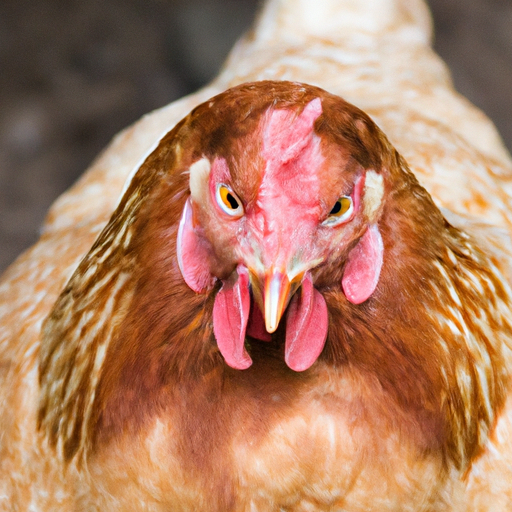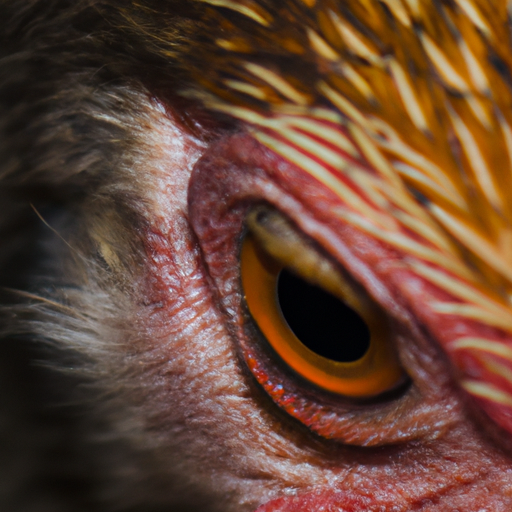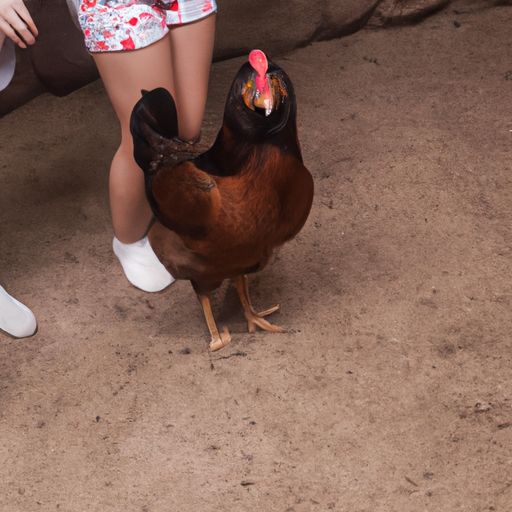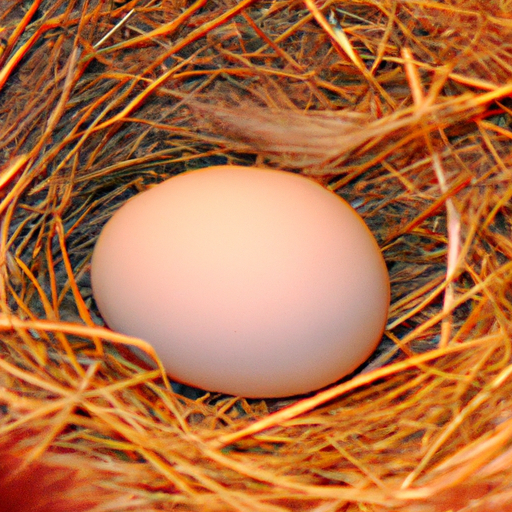Having a chicken flock can be a rewarding experience, but it’s important to be aware of and address aggressive behavior within the group. This article will provide you with useful tips and techniques to identify and manage aggression in your chicken flock. By understanding the signs of aggression and implementing effective management strategies, you can ensure a harmonious and peaceful environment for your feathered friends.
Identifying Aggressive Behavior
Aggressive behavior in chicken flocks can be concerning and may lead to injuries or stress among the birds. As a responsible chicken owner, it is essential to be able to identify aggressive behavior in order to address the issue effectively. Here are some signs that can help you identify aggression in your flock:
Signs of aggression
-
Pecking and feather picking: Aggressive chickens may constantly peck or pull out the feathers of other birds in the flock. This behavior can lead to injuries and can be a clear indication of aggression.
-
Chasing and flogging: Aggressive chickens often engage in chasing or flogging other birds, which involves running after them and striking with their wings or beak. This behavior can be quite intimidating and can cause distress to the targeted bird.
-
Blocking access to resources: Aggression can manifest in chickens blocking access to essential resources such as food and water. Aggressive chickens may aggressively guard these resources, preventing other birds from accessing them.
-
Squatting or crouching: In some cases, a submissive chicken may squat or crouch in response to aggression from dominant birds. This behavior is a sign of submission and is often accompanied by the dominant bird pecking or standing on the submissive bird.
Common causes of aggression
Understanding the underlying causes of aggression can help you manage and prevent aggressive behavior within your chicken flock. Here are some common causes of aggression in chickens:
-
Territorial disputes: Chickens are naturally territorial animals, and aggression can arise when there is a lack of space or resources. Aggression may occur as chickens attempt to establish their dominance and maintain their territory.
-
Stressful environments: High-stress environments, such as overcrowding, inadequate housing, or loud and disturbing noises, can lead to aggression in chicken flocks. Ensuring a stress-free environment is crucial for preventing aggressive behavior.
-
Nutritional deficiencies: Poor nutrition, including a lack of essential vitamins and minerals, can contribute to aggressive behavior in chickens. Providing a balanced and nutritious diet can help minimize aggression.
-
Mating and hormonal factors: During mating season or when hens are broody, hormonal changes can trigger aggressive behavior in chickens, especially among roosters. Understanding the natural reproductive cycles of your flock can help you manage aggressive behavior during these times.
Observation and documentation
To effectively manage aggressive behavior in your chicken flock, it is important to observe and document the behaviors you witness. Keeping a journal or log of aggressive incidents can help you track patterns and identify the specific triggers or individuals involved.
When documenting aggressive behavior, note the date, time, location, and individuals involved in each incident. This information can provide valuable insights into the dynamics of your flock and guide your management strategies moving forward. Additionally, observing your flock regularly allows you to address any signs of aggression promptly, minimizing the risk of injuries and stress among your chickens.
Managing Aggressive Behavior
Once you have identified aggressive behavior within your chicken flock, it becomes crucial to take appropriate steps to manage and mitigate it. Here are some strategies you can employ to effectively manage aggressive behavior:
Establishing a pecking order
Chickens have a natural pecking order, which is a hierarchical structure within the flock. Establishing and reinforcing this pecking order can help reduce aggression. Provide ample space for your chickens to establish their dominance hierarchy, ensuring that each bird has enough room to retreat from more dominant individuals.
Providing adequate space
Overcrowding is a significant contributing factor to aggression in chicken flocks. Ensure that your chickens have enough space in their coop and run to comfortably move around. Adding perches, separate feeding stations, and multiple water sources can also help reduce competition and aggressive behavior.
Ensuring proper nutrition
A balanced and nutritious diet is essential for maintaining a healthy flock and minimizing aggression. Provide your chickens with a diet that meets their specific nutritional needs. Consult with a poultry nutritionist or veterinarian to ensure that your flock’s diet is well-balanced.
Introducing new birds gradually
When introducing new chickens to an existing flock, it is important to do so gradually and carefully. Quarantine new birds for a period of time to minimize the risk of introducing diseases or parasites. When it is time to integrate them into the main flock, introduce them during daylight hours and monitor their interactions closely to prevent aggression.
Using deterrents
If certain individuals exhibit aggressive behavior, using deterrents can be helpful. Placing mirrors or other reflective surfaces near aggressive birds can confuse them and divert their attention. Additionally, rearranging the coop or run occasionally can disrupt the established territories and reduce aggression.
Separating aggressive individuals
In some cases, it may be necessary to separate aggressive individuals from the main flock. Provide a separate enclosure for them where they can be monitored and managed more closely. This separation can help reduce the risk of injury to other birds and allow the aggressive individual to calm down.
Seeking professional help
If the aggression persists or escalates despite your best efforts, it may be beneficial to seek professional help. A veterinarian or a poultry behaviorist can provide expert guidance and advice tailored to your specific situation. They can help assess the underlying causes of aggression and develop an effective management plan.
Additional Considerations
In addition to managing aggressive behavior, there are other factors to consider to ensure the overall well-being of your chicken flock. Here are some important considerations:
Ensuring a stress-free environment
Stress can contribute to aggression and overall poor health in chickens. Minimize stressors such as loud noises, sudden changes in the environment, or exposure to predators. Providing a secure and comfortable living space for your chickens is essential for their well-being and can help prevent aggression.
Regular health checks
Regular health checks are crucial for identifying and addressing any underlying health issues that may contribute to aggression. Schedule routine visits with a poultry veterinarian who can examine your flock, provide vaccinations, and offer advice on preventative health measures.
Proper handling and socialization
Proper handling and socialization of your chickens from a young age can help them develop positive behaviors and reduce aggression. Spend time interacting with your birds daily, gently handling them, and offering treats to encourage trust and positive associations. This interaction can also help you identify any potential aggression early on and take appropriate action.
In conclusion, identifying and managing aggressive behavior in your chicken flock is crucial for the overall well-being of your birds. By understanding the signs of aggression, addressing common causes, and employing effective management strategies, you can create a harmonious and peaceful environment for your flock. Regular observation, documentation, and seeking professional help when needed will ensure that your chickens remain healthy, happy, and free from aggressive behavior.




